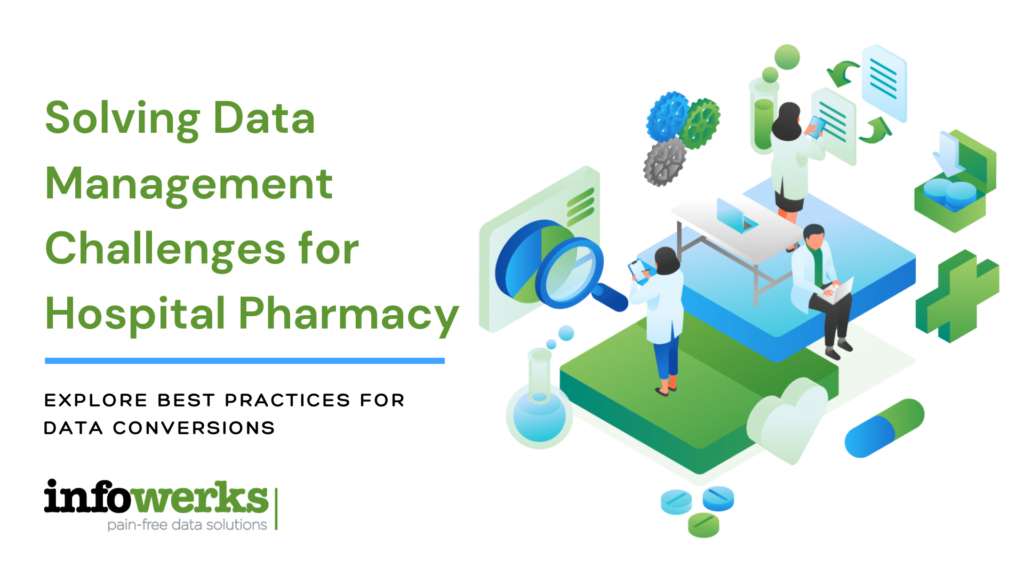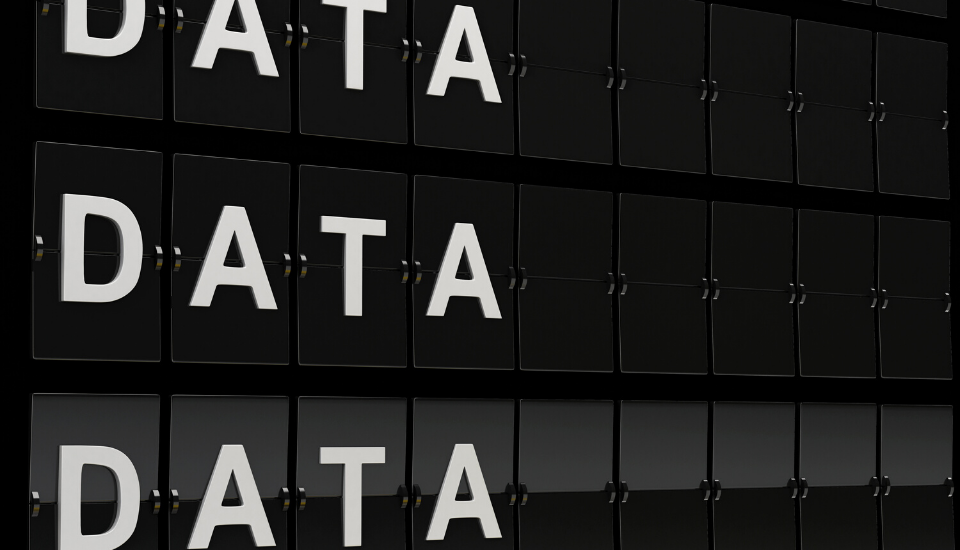
Data powers every organization, and the amount of data created, collected, and analyzed grows every day. But data isn’t stationary; it should be portable, as you are likely to want or need to change software systems. That means the data needs to move from the old system to the new system. This process is called a data conversion. But what is a data conversion?
Data Conversions in Healthcare Can Be Complex
Simply put, a data conversion is the transfer of files and data from one software system to another. Sounds easy, right? Just some copying and pasting? Not exactly.
First, we’re dealing with healthcare data, which is unique in many ways. Healthcare data has specific attributes that make it complex.
Data can be in multiple places.
All your necessary patient data is rarely in one place. It may be in a variety of locations, both within the actual software and other systems.
Data exists in multiple formats.
Consider the different types of data that are part of your patient software solutions. You have text, numeric entries, images, and more.
Data can be structured or unstructured.
Not all data is created equal. Structured data is organized and formatted in a way that is easy to find and search. Unstructured data has no predefined format, making it difficult to collect and process.
Data can be inconsistent across the platform.
There may fields within your software system that you don’t use for their intended purpose. You may also run into inconsistency with field matching.
Data formats may be incompatible.
Certain file formats are mean to work with specific software programs. This can cause compatibility issues with new software not recognizing some formats.
Data that includes protected health information (PHI) is subject to regulation.
Most importantly, when dealing with healthcare data is that it must be secure and private, following all the requirements of HIPAA and HITRUST.
With all these complexities, it’s much more than a copy and paste scenario.
Why You Need a Healthcare-Centric Data Conversion

Migrating data from one healthcare management software platform to another is rarely a linear path. Every system has its own variables, making one-to-one matches nearly impossible. Because of this, healthcare organizations typically choose to work with data conversion experts versus using an automated conversion system or software.
We use a customized process that is healthcare-centric and platform-agnostic to ensure the highest level of accuracy, migrating data based on your specifications. With our specialized experience and expertise—including over 27,000 healthcare data conversions—we deliver a pain-free process. Our focus is on security, accuracy, and meeting customer expectations.
Questions about data conversions? Connect with us today to learn more.


